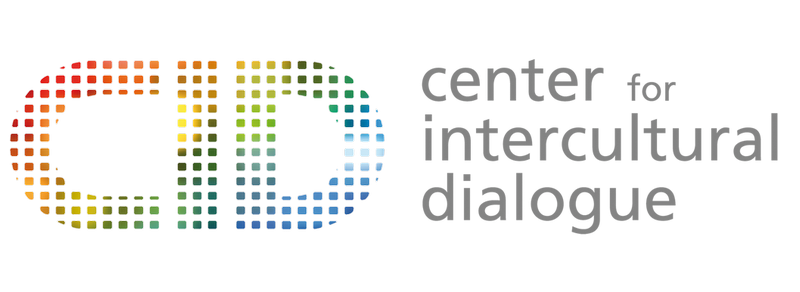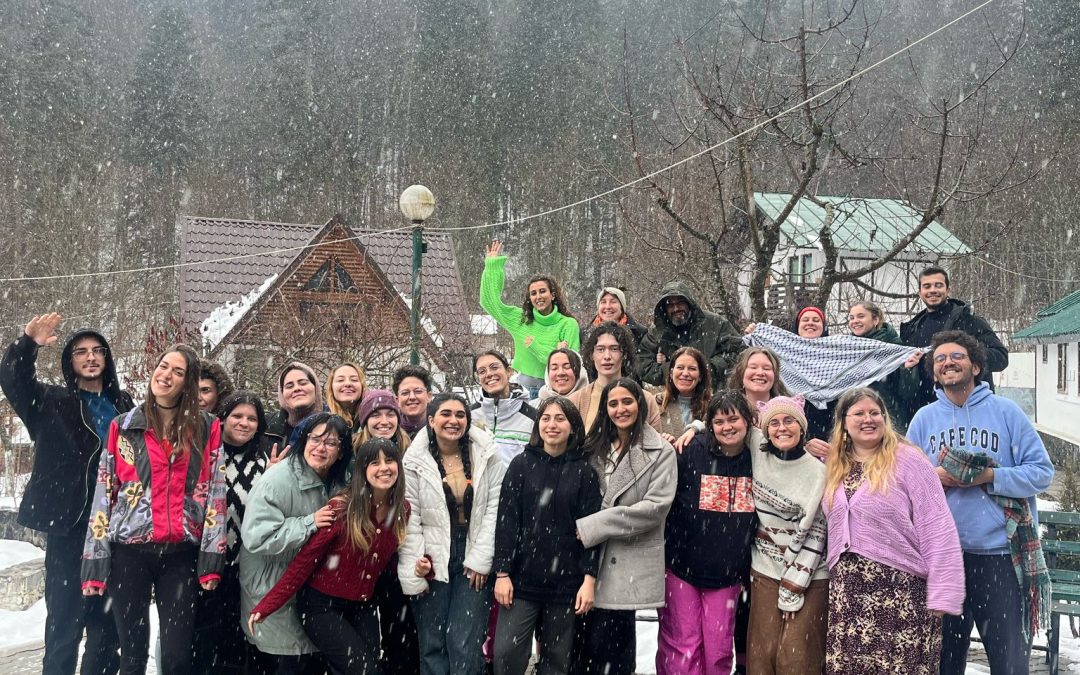As both a formal school teacher and a youth worker, I constantly seek opportunities to grow, challenge my perspective, and bring new tools into the spaces where I educate and support young people. Participating in the training course “Feminism is for Everybody!” in Bușteni, Romania, was one of those rare and meaningful experiences that deeply resonated with me—both personally and professionally.

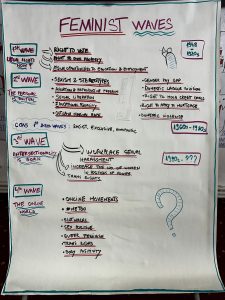
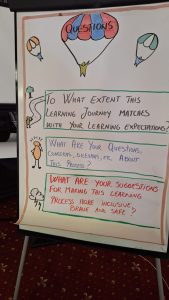
From the very first day, the environment fostered by the super great facilitators ( Andreea, Victoria & Monica), was one of inclusivity, reflection, and open dialogue. Together with fellow educators, youth workers and change-makers from across Europe and abroad, we explored the essence of feminism—not as an abstract academic concept, but as a living, breathing practice rooted in everyday life, equality, and justice. With an accent of everyday life 🙂
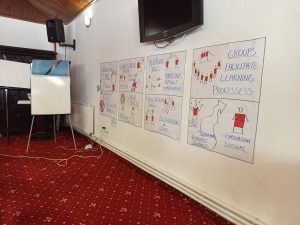
What amazed me most was the intersectional approach of the training. We didn’t just speak about gender equality in isolation, but also looked at how race, class, sexuality, ability, and other identities shape our experiences. This broadened my perspective and challenged me to reflect on the hidden biases within traditional education systems and even in youth spaces that are meant to be inclusive.
As a formal educator, I walked away with concrete tools and methods to bring feminist values into the classroom. This doesn’t mean just talking about “feminism” as a subject—but actively shaping an educational environment where all students feel seen, heard, and safe to express themselves. It means integrating critical thinking, promoting diverse narratives, and encouraging young people to question stereotypes and power dynamics they encounter in daily life.
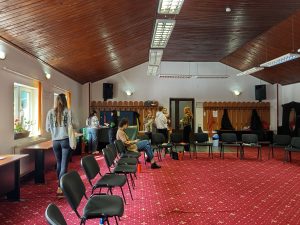
In my role as a youth worker, the training strengthened my belief that informal education spaces are powerful platforms for social transformation. The activities we practiced—based on non-formal education methods—showed me how important it is to create safe, brave spaces where young people can talk about identity, equality, relationships, and empowerment in a way that feels real and relevant to them.
What I also deeply appreciated was the collaborative spirit of the group. Sharing experiences ( sometimes deeply personal ) with other professionals from different cultural and social backgrounds opened up a rich exchange of ideas, strategies, and stories. It reminded me that while our contexts may vary, the core values of dignity, respect, and justice are universal.

I returned from Bușteni feeling inspired, equipped, and motivated. This training was not just a learning experience—it was a reminder of why I do this work and to discover my loud feminist deep inside me.
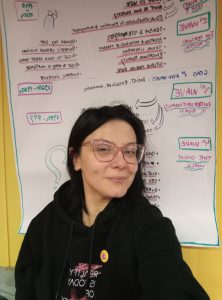
Feminism truly is for everybody. And I look forward to bringing that message into my classrooms, youth programs, and wider community. Looking ahead, I am willingfull to translate this experience into concrete action. One of my future goals is to initiate feminist clubs within my school and local youth centers—spaces where young people can come together to explore issues of gender equality, identity, empowerment, and social justice. These clubs will serve not only as learning hubs but as safe and inclusive communities for open discussion, critical thinking, and creative activism. I also hope to support young people in developing their own small-scale campaigns and projects—whether it’s through art, social media, or peer education—to spark positive change in their schools and neighborhoods. Through these initiatives, I aim to nurture a new generation that is informed, compassionate, and unafraid to stand up for equality.
Revolution is for Evolution!
Vesna Gjurkovska
